MAtCH is a exchange program for cleantech start-ups between Switzerland and Massachusetts/USA, operated by the Massachusetts Clean Energy Center and the Swiss Federal Office of Energy. The Swiss born architect Eric Nelson (46) has joined the program in fall 2017. In this interview he summarizes his experiences.
Mr. Nelson, in 2014 you started in Cham (ZG) your own architecture office with focus on energy efficiency and renewable energy technologies. Why are you a cleantech start-up?
Initially I got a Masters degree as a marine scientist studying the impact of hurricanes on the US coastline, when I decided to return to school to study architecture. I then very quickly realized, that I am more interested in the energy aspects of architecture than simply the design aspect. Today I am primarily working as a consultant. So I am currently engaged with the Canton of Zug doing energy consulting. Some years ago I got in touch with a solar architect. On the basis of this collaboration I came up with the idea to provide the solar facade system known as Lucido in Switzerland to North America. North America is a huge up and coming market for cleantech and I believe the time is ripe to introduce Swiss technology and know-how to the American sustainable building market.
The MAtCH program enables Swiss cleantech start-ups a three months complimentary membership at one of half a dozen of cleantech incubators in Massachusetts. What was your motivation to join this program?
The MAtCH program was a good match for me. I grew up near Luzern as the son of a Swiss mother and a US father, and later I was living in the US for 16 years. With this dual background and my qualification as a “green” architect I am looking to introduce this Swiss cleantech technology into the US market. Since the cultural differences between the two countries are extremely big I can use my knowledge of both countries. One of the challenges was, that I was coming from the private sector with a fully tested, on the European market available technology into a primarily academic start-up community. Although the incubators facilitate you to prepare and meet investors, they don’t simply give you their phone numbers without knowing that you will survive the due diligence process, meaning that what was proven in Switzerland would need to be proven all over again. So what this trial membership really taught me was that what works in Europe does not necessarily work in America – according to their view. I had to change my attitude and approach. It would be foolish to think that the reputation of Swiss engineering and product testing would allow Swiss products to get into the US market with less scrutiny/obstacles then technology coming from any other, lesser developed country.
You participated in the MatCH program in the last year between September and November on the Greentown Lab in Somerville near Boston, which is supposedly the largest cleantech incubator in the US. Tell me about your highlights while attending the program.
During the three months I took several trips over there, staying a week at a time working at the incubator and setting up meetings. Through the incubator you get to sit down with their sponsors, which are large firms from different corners of the cleantech industry as well as associated legal and financial firms. The highlight was to see how much is done through networking. They took interest in your technology and next thing they give you a few more names of people that may be able to help you further your business one way or another.
Did the program fullfil your expectations?
It’s difficult to say, because I really went in there without expectations. I think it was an extremely good experience to me to get into this environment and to understand how to build a start-up from scratch. For a cleantech start-up that has a new technology to develop, Massachusetts is an excellent space. They should take advantage of the MAtCH program.
Do you have an input how this program could be further improved?
My company is bringing a fully developed, (field)-tested and certified technology to the US market. I was hoping to find out, how to transfer this European data to American standards in order to legitimize/validate the technology. As a small company I cannot simply hire a bunch of lawyers, engineers and consultants to help me figure this out. This is not a service the incubator provides. Some small things remained unanswered: What is the best way to get into a demonstration project? How to validate a European technology in the US market? How to find a client who will take a chance on a Swiss tested technology?
The MatCH program is open to all advanced Swiss cleantech start-ups reducing the use of non-renewable energy and natural resources; advanced in that sense, that they have a Technology Readiness Level (TRL) of five or higher. What may the participants expect from the program?
I think the program is definitely targeted toward start-ups providing a globally new technology at different levels of development to be commercialized in North America and internationally. The US market is a huge market, and it is very different from the European market. Having the experience with a cleantech incubator in the US is a big advantage for a company in order to get into the US market.
Benedikt Vogel, on behalf of SFOE
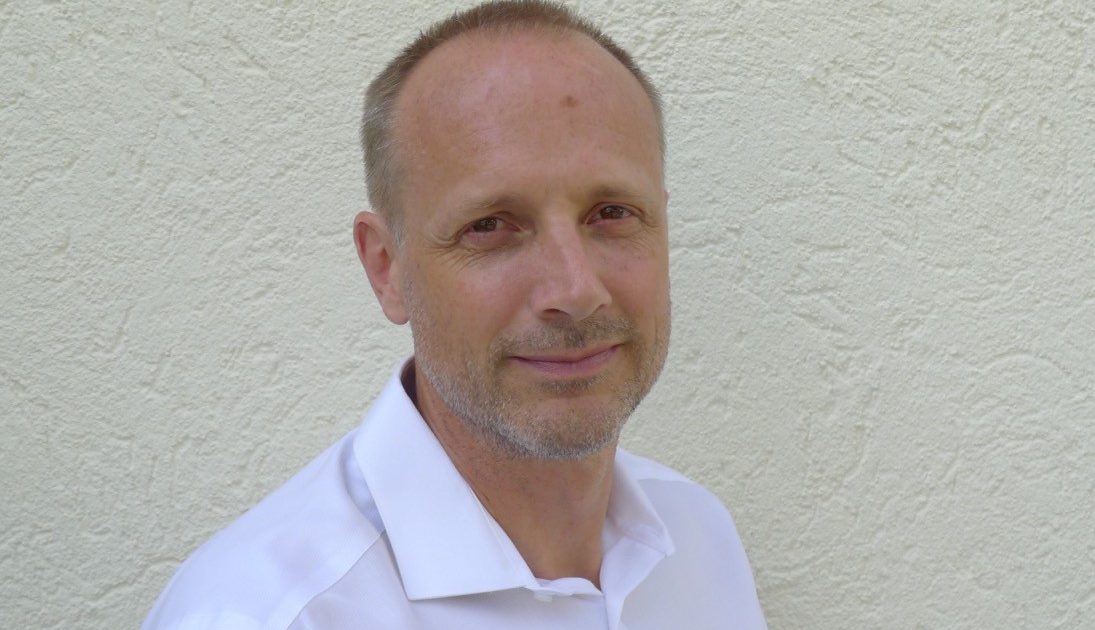

 1 Vote(s), Durchschnitt: 4,00
1 Vote(s), Durchschnitt: 4,00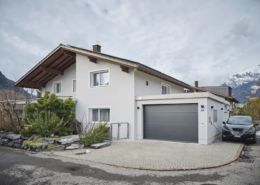 EnergieSchweizSmart Home: savourer le confort tout en économisant de l’énergie
EnergieSchweizSmart Home: savourer le confort tout en économisant de l’énergie 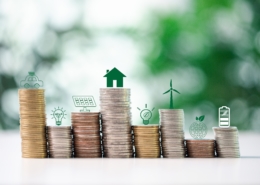 ShutterstockHow Swiss Investors Can Drive the Green Transition
ShutterstockHow Swiss Investors Can Drive the Green Transition 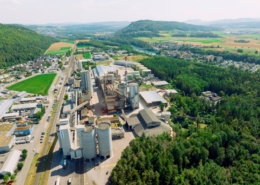 HolcimZementproduktion ohne CO2-Emissionen
HolcimZementproduktion ohne CO2-Emissionen 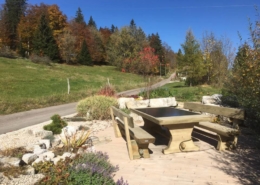 ©Joëlle Fahrni/OFENL’installation solaire qui se branche dans une simple prise électrique
©Joëlle Fahrni/OFENL’installation solaire qui se branche dans une simple prise électrique 


Dein Kommentar
An Diskussion beteiligen?Hinterlassen Sie uns Ihren Kommentar!